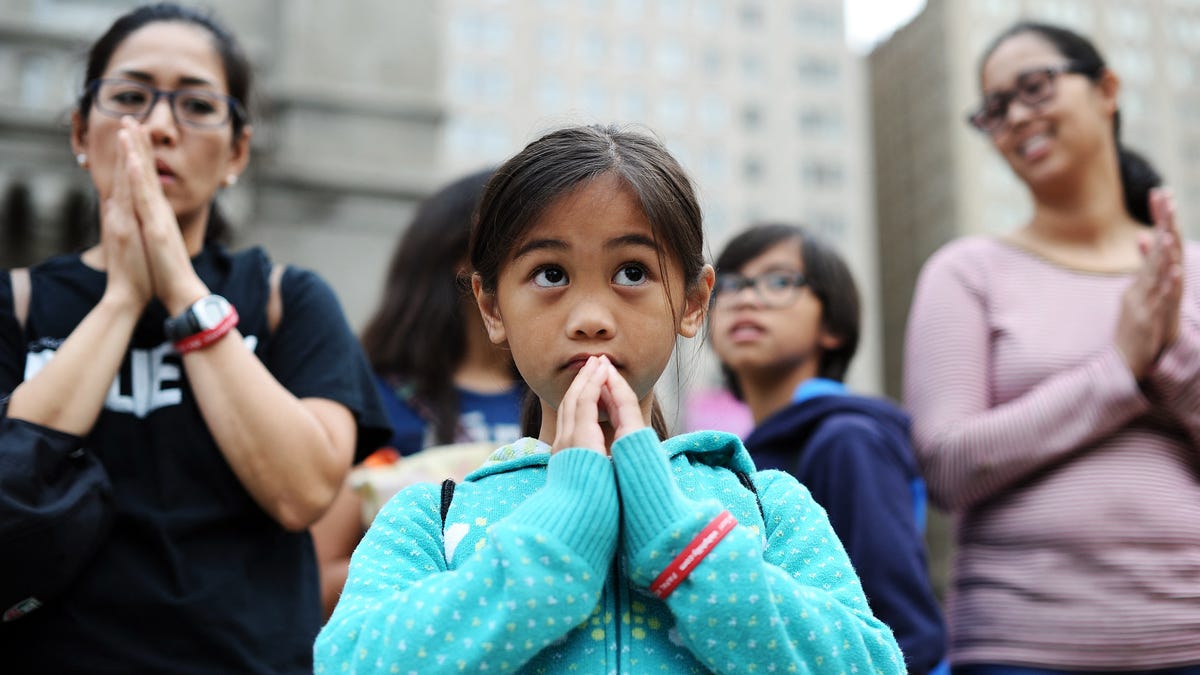As a Nicaraguan-born girl growing up in Miami, Prisca Dorcas Mojica Rodríguez remembers going to church five times a week. Her father was a pastor, and their fundamentalist evangelical faith taught that a woman’s role was to serve her husband.
At the same time, Mojica Rodríguez saw how essential women were in keeping the pews filled and the church running. Ultimately, dismayed by the subservient role of women and the church’s harsh restrictions on girls, she would leave her faith – and her husband – in her late 20s.
“Women are less inclined to be involved with churches that don’t want us speaking up, that don’t want us to be smart,” said Mojica Rodríguez, who went on to earn a master’s degree in divinity. “We’re like the mules of the church – that’s what it feels like.”
Though the Nashville-based author and activist is now 39, her experience reflects a growing and, for churches, a potentially worrisome trend of young women eschewing religion. Their pace of departure has overtaken men, recent studies show, reversing patterns of previous generations.



Studying something doesn’t mean you believe it or like it. I’ve read the Bible, Koran, and a lot of the Sikh holy scriptures. It did nothing but make me less religious.
I’ve read a quote that says something like “Study one religion, and you’ll be hooked for life. Study two religions, and you’re done in an hour.”
Demystification tends to do that.
Back in the medieval times, the church didn’t even want regular people reading the Bible. It was deliberately not translated from Latin or Hebrew to local languages.
Turns out they didn’t have to worry so much because most people wouldn’t bother even if they could.
Though I gotta admit that I find it baffling that so many people supposedly believe but so few take it seriously enough to even read the book they might even refer to as the greatest story ever told. Seems to me like the only logical positions are to believe and treat it as the most important thing in life, not believe and do whatever you want in life, pretend to believe to manipulate those who do believe, or pretend to believe to keep the first and third groups off your ass. Are those last two groups where most apparent believers are?